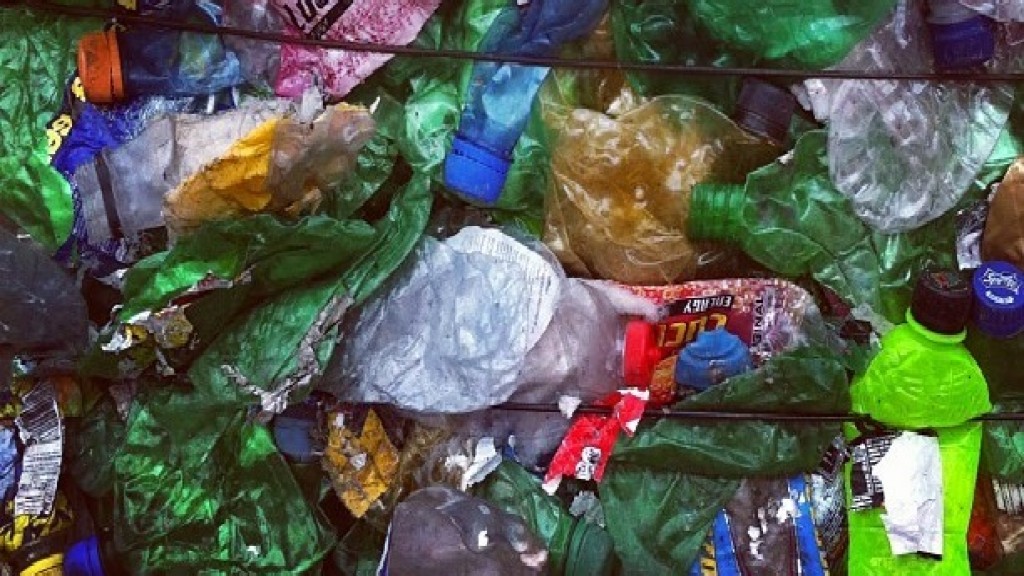Resources - Blog
One-minute recycling!

We can all be guilty of slipping the odd plastic bottle into the black bag, but Sebastian de Cabo Portugal, intern at RSA The Great Recovery, reminds us why recycling at home is so important, and gives us his top tips to remember.
How much time have you ever spent thinking about what you throw into your rubbish bin? If the answer is less than one minute, you need to think a little more!
Saving the world from contamination and environmental destruction may seem an impossible and daunting task, but it could start very simply: with the simple act of throwing our rubbish into the right bin.
When you decide on the fate of your rubbish, you are essentially directing the destiny of a valuable material. Local authorities may not yet provide a full circular economy service for our unwanted goods, but we can at least make a start by attending to our recycling bins and helping to turn waste back into valuable resources. Rubbish that goes into black bin bags on the other hand will either be incinerated for energy, or end up in a landfill where it will stay for decades and even centuries (it takes plastics around 1,000 years to break down, and we have no idea what the real consequences will be at that point).
Here are seven very simple things which we can all do to make a start, and which will create waves beyond the doorstep recycling box:
1. If in doubt, throw it in the recycling bin (unless it’s food of course!) The worst that could happen is that someone will sort it out at the materials recycling facility (MRF); on the other hand if you throw it in the general bin, it will be incinerated or landfilled, and the possibility of a new life will be lost.
2. Check if it has a recycling label anywhere – normally this shows what type of material the product is made of and if it can be recycled or not.
3. Do some quick research on local recycling: most councils have a dedicated waste management section on their website, or you can check out Recycle Now to see what’s available in your area.
4. Clean your containers! – if you’re throwing away used food packaging, make sure you clean out any leftover food first. Food is one of the worst contaminants in the recycling process.
5. Plastic bags and films can clog up the equipment and cause a lot of wasted time and even damage to machinery. They should not be included with regular plastics. A lot of supermarkets take back plastics bags, but films cannot currently be recycled.
6. Never put anything but glass food or beverage containers into the glass bin. Small amounts of ceramics, window glass and light bulbs can ruin an entire batch!
7. Dispose of batteries at the designated recycling points, don’t throw them in your normal or recycling bin.
We might still think that the only materials we can recycle are paper, glass and some plastics, but in fact most of the waste we produce can now be recycled.
If we started to recycle – or even upcycle – more of our waste, we would not only make a valuable contribution to cleaner land, air and water, we could also use these materials to make new products, thus saving on the immense amounts of energy and wastage that goes into making them in the first place.
“Taxpayers in Tower Hamlets pay over £1,000,000 per year landfilling waste that could have been recycled” *
*Tower hamlets recycling website – http://www.towerhamlets.gov.uk/lgsl/501-550/533_recycling_and_waste_at_hom.aspx





